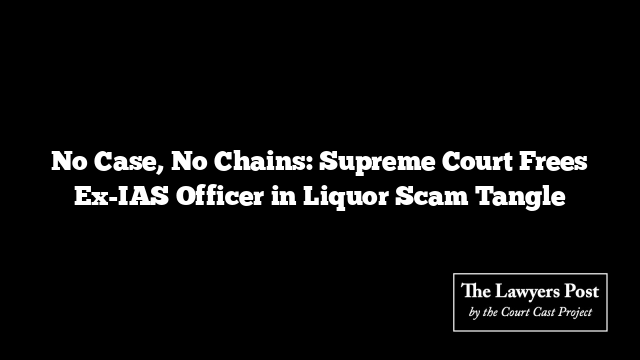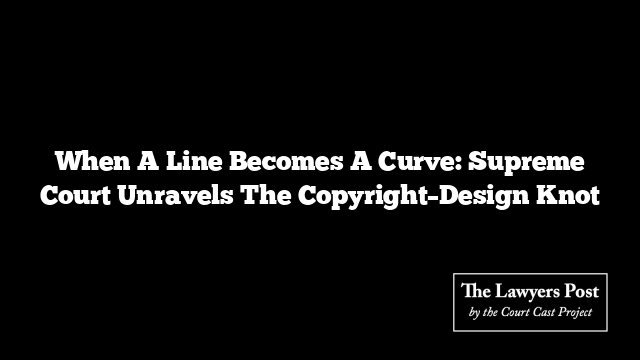In a decisive twist to one of Chhattisgarh’s most high-profile money laundering sagas, the Supreme Court on Tuesday ordered the release of former IAS officer Anil Tuteja, ruling that the very foundation of the charges against him had crumbled.
Tuteja had been locked up for nearly a year, accused in a money laundering case linked to the infamous Chhattisgarh liquor scam. But the top court pointed out a glaring void in the case: there’s no longer any valid order for taking cognizance of the charges. Simply put, there’s no case to be jailed for—at least not right now.
A bench comprising Justices Abhay S. Oka and Ujjal Bhuyan leaned on precedent from V. Senthil Balaji v. Deputy Director, concluding that Tuteja’s continued imprisonment had no legal leg to stand on.
“At present, there is no cognizance order. The appellant has been in custody for about a year. There are twenty accused, over thirty witnesses, and the maximum sentence is seven years. The principles in Senthil Balaji must apply,” the bench stated.
The drama began when the Enforcement Directorate filed its complaint under the Prevention of Money Laundering Act (PMLA), prompting Tuteja’s arrest on April 21, 2024. A Special Court took cognizance in October—but then the Chhattisgarh High Court pulled the rug out from under the prosecution. On April 2, it quashed the order, citing the absence of mandatory sanction under procedural law. That ruling remains unchallenged.
In light of that, the Supreme Court asked a blunt question: how could someone remain behind bars when the case itself hadn’t even cleared procedural checkpoints?
The Court also reminded the Centre to get its house in order—directing it to swiftly designate a Sessions Judge in Raipur to fill the vacant Special PMLA Court seat. Until then, Tuteja’s bail formalities are to be handled by the Principal District and Sessions Judge.
While the Enforcement Directorate fought to keep Tuteja in, citing his alleged influence and potential to meddle with evidence, the bench opted for a middle path. Bail is granted—but with sharp edges. Tuteja must surrender his passport, commit to attending future court proceedings if the case is revived, and cooperate fully. If he slips up, the ED is free to come knocking again for a cancellation of bail.
This ruling mirrors an earlier decision in favor of co-accused Arun Pati Tripathi, whose bail was similarly secured after the Court noticed the lack of a valid cognizance order in his case too.
As the dust settles, one thing is clear—without the scaffolding of a proper legal process, even the weightiest accusations can’t hold someone behind bars.





